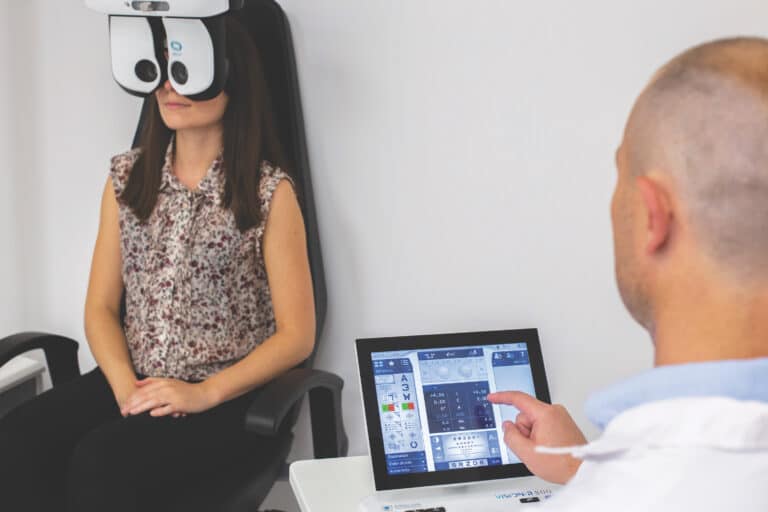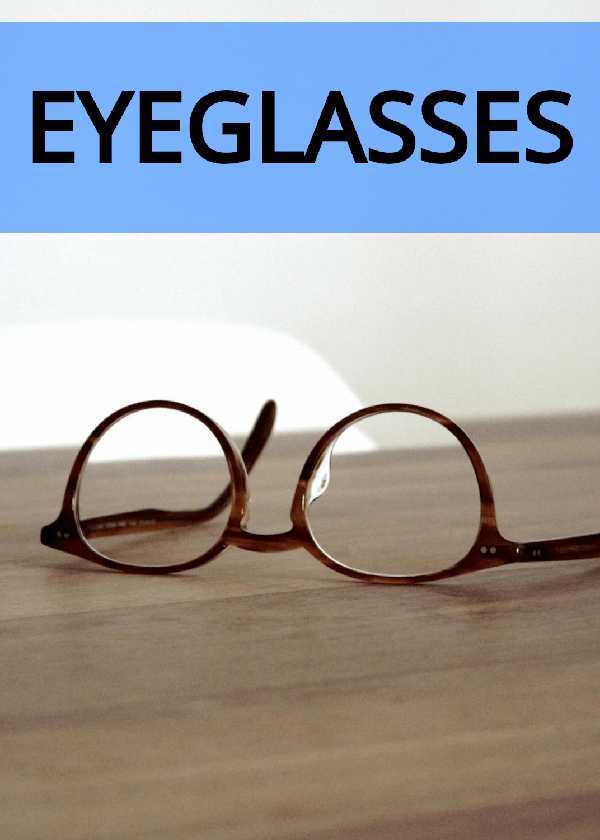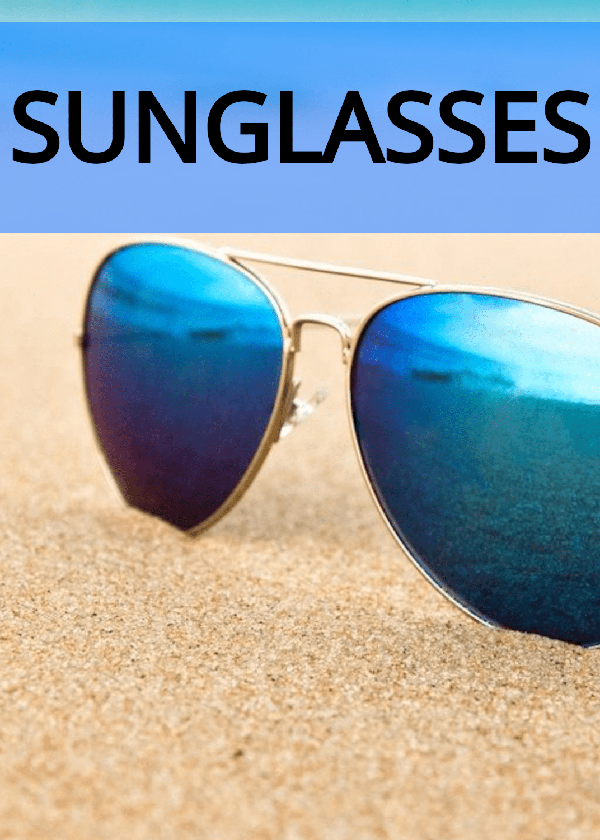Our Services
Comprehensive vision care for the whole family

Eye Test
Free with eyewear purchase. Powered by the Essilor R800 — the most accurate eye test in the world.

Eyeglasses
Over 2,000 frames in stock — metal, titanium, acetate, wood, rimless & safety. Something for every style.

Sunglasses
Maui Jim, Ray-Ban, Oakley & ViBES — premium UV protection that looks great.

Contact Lenses
Daily, bi-weekly & monthly options from Acuvue, Alcon, Bausch & Lomb, CooperVision.
Kids
Children's eye exams from 6 months. Durable, fun frames they'll love wearing.
Direct Billing
We bill your insurance directly — Blue Cross, Manulife, Sun Life & more.
